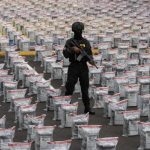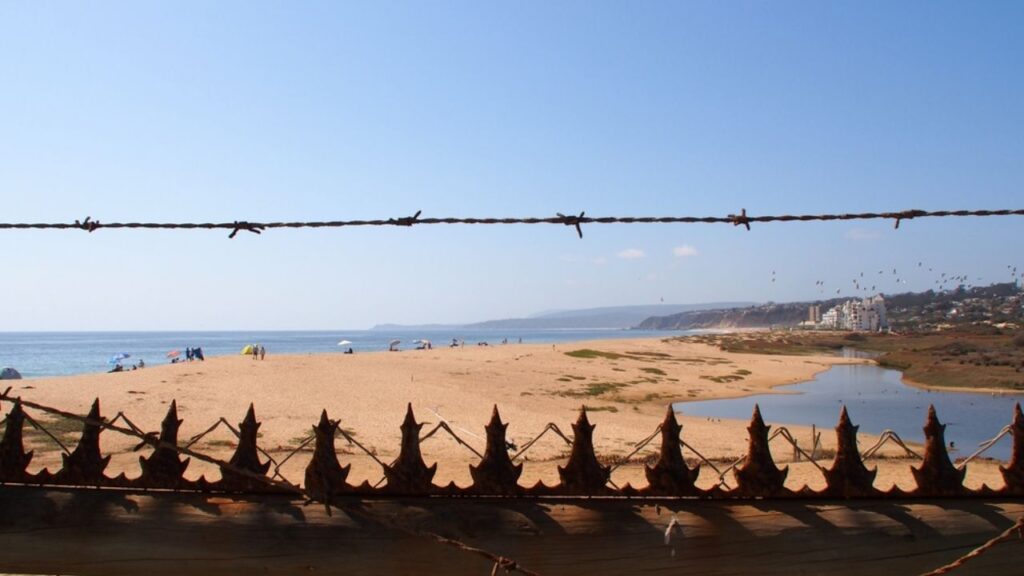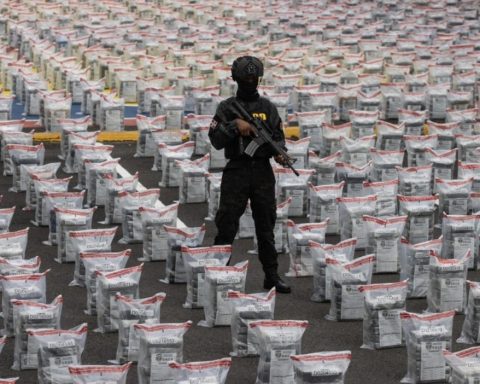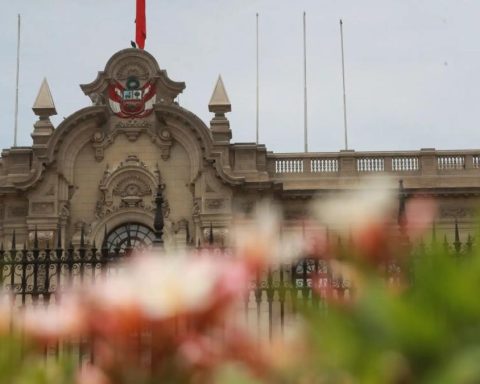President Jair Bolsonaro visited today (9) another stretch of the São Francisco River transposition work. The president was in Jucurutu, in Rio Grande do Norte, where he visited the works of the Oiticica dam, which will receive and store the waters of the São Francisco River transposition in the state.
According to the Ministry of Regional Development, the structure is in the final stage of construction and will guarantee the supply of 330,000 people in eight cities in the state. The ministry said that, since 2019, around BRL 300 million have been allocated to carry out the work.
The Minister of Regional Development, Rogério Marinho, said that the work will help improve the lives of people in the region, with the use of water resources in irrigation projects and also in tourism.
“This work will mark our generation, because here it will not only be the location of a reservoir of more than 550 million cubic meters that, by itself, would justify this action. Here we will also have the generation of employment and income, of opportunity, the improvement of health, the reduction of infant mortality”, he said.
fuel price
During the visit, Bolsonaro again criticized the governors, whom he blames for the successive increases in fuel prices. The president said that the “blame” for the increase in alcohol and gasoline is due to the increase in the Tax on Circulation of Goods and Services (ICMS), charged by the states.
“Are you looking to find out how much the governor charges for ICMS here? I don’t have the power to go to Petrobras and say: it’s frozen or the price of fuel is going down now. I don’t have that power,” she said. “The federal tax has been frozen since I took over, in January 2019. The state tax has not, almost doubled in price from 2019 onwards. Some will say that the percentage did not change, that it is the same, but they charge that percentage in the final price of the pump,” she said.
Currently, ICMS is calculated as a percentage of the final price. This causes the tax to fluctuate with prices at pumps, rising when Petrobras readjusts prices at refineries and falling when the opposite occurs.
In the midst of the president’s accusations, the state finance secretaries approved, in October last year, the freezing of ICMS on fuels on the weighted average price to the final consumer (PMPF). The freeze, which would end at the end of January, was extended until March 31, 2022, with the support of the governors.
However, they claim that the freeze is not enough and argue that the central elements of the increases in fuels are the variation of the dollar and Petrobras’ policy of parity with the international oil market. As a solution, the states defend the creation of a fuel price stabilization fund, which would avoid transfers to the consumer.


















